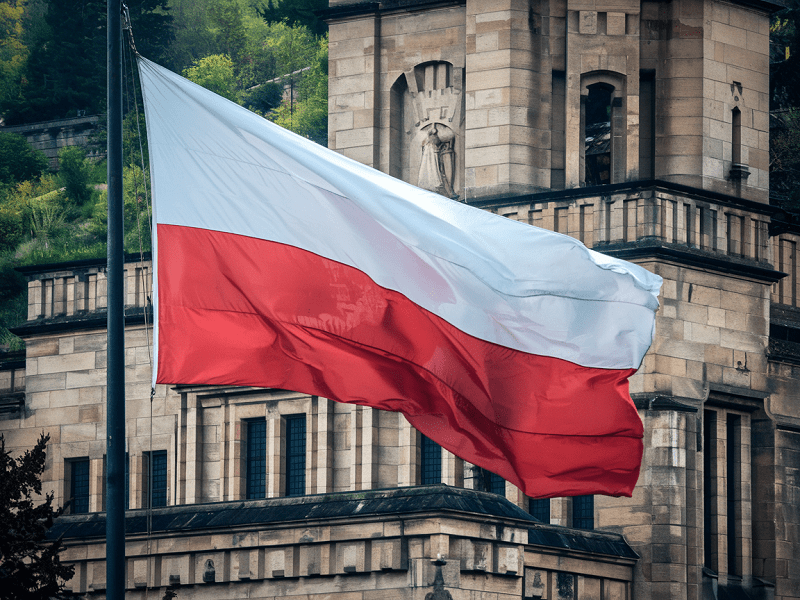Blog

Polish is a language full of charm and nuance, with words that capture emotions and concepts that are difficult to translate into other languages. This article explores ten untranslatable Polish words, revealing their beautiful meanings and offering a glimpse into the culture and spirit of Poland.
Every language has unique words that defy direct translation, encapsulating ideas, emotions, or cultural nuances that other languages struggle to express. Polish, with its rich history and expressive vocabulary, is full of such words. Let’s explore some of these untranslatable gems and uncover their deeper meanings.
This poignant word describes a deep, emotional longing for something or someone that may be unattainable or out of reach. It can signify nostalgia, homesickness, or even yearning for a moment or place that no longer exists.
Example:
Kombinować refers to a mix of resourcefulness and ingenuity, often with a hint of bending the rules. It’s about finding creative solutions to problems, sometimes in unconventional or crafty ways.
Example:
While often translated as “I’m sorry” or “excuse me,” przepraszam carries a cultural depth. It can express regret, politeness, or even empathy, depending on the context.
Example:
This word captures a complex mix of sadness, regret, and grief, often tied to a sense of loss or missed opportunity.
Example:
Though it directly means “potato-like,” this word has a playful connotation and is often used humorously to describe things that are clumsy, basic, or plain.
Example:
This phrase embodies the Polish spirit of resilience and creativity. It means “a Pole can do it” and reflects the determination to overcome obstacles, often with limited resources.
Example:
This term has evolved into slang referring to a stereotypical Polish middle-aged man with old-fashioned habits. While humorous, it carries a cultural undertone about traditional values.
Example:
Though it means “happiness,” szczęście also conveys a sense of good fortune or luck, blending emotional and circumstantial positivity in a way that’s hard to separate.
Example:
Literally “waiting room,” this word carries an almost poetic vibe in Polish, symbolizing a place of both physical and emotional waiting.
Example:
This word translates to “hope” but also conveys a deep, often spiritual sense of optimism and faith in better times.
Example:
Untranslatable Polish words showcase the beauty of language in capturing cultural identity and universal emotions. They remind us that every language offers a unique lens to view the world and express ideas that other tongues might struggle to articulate.